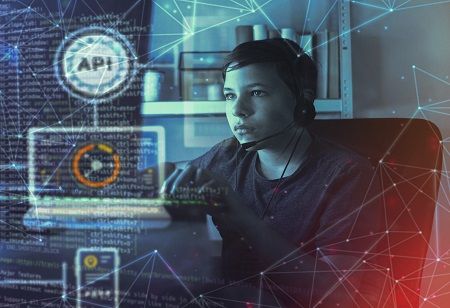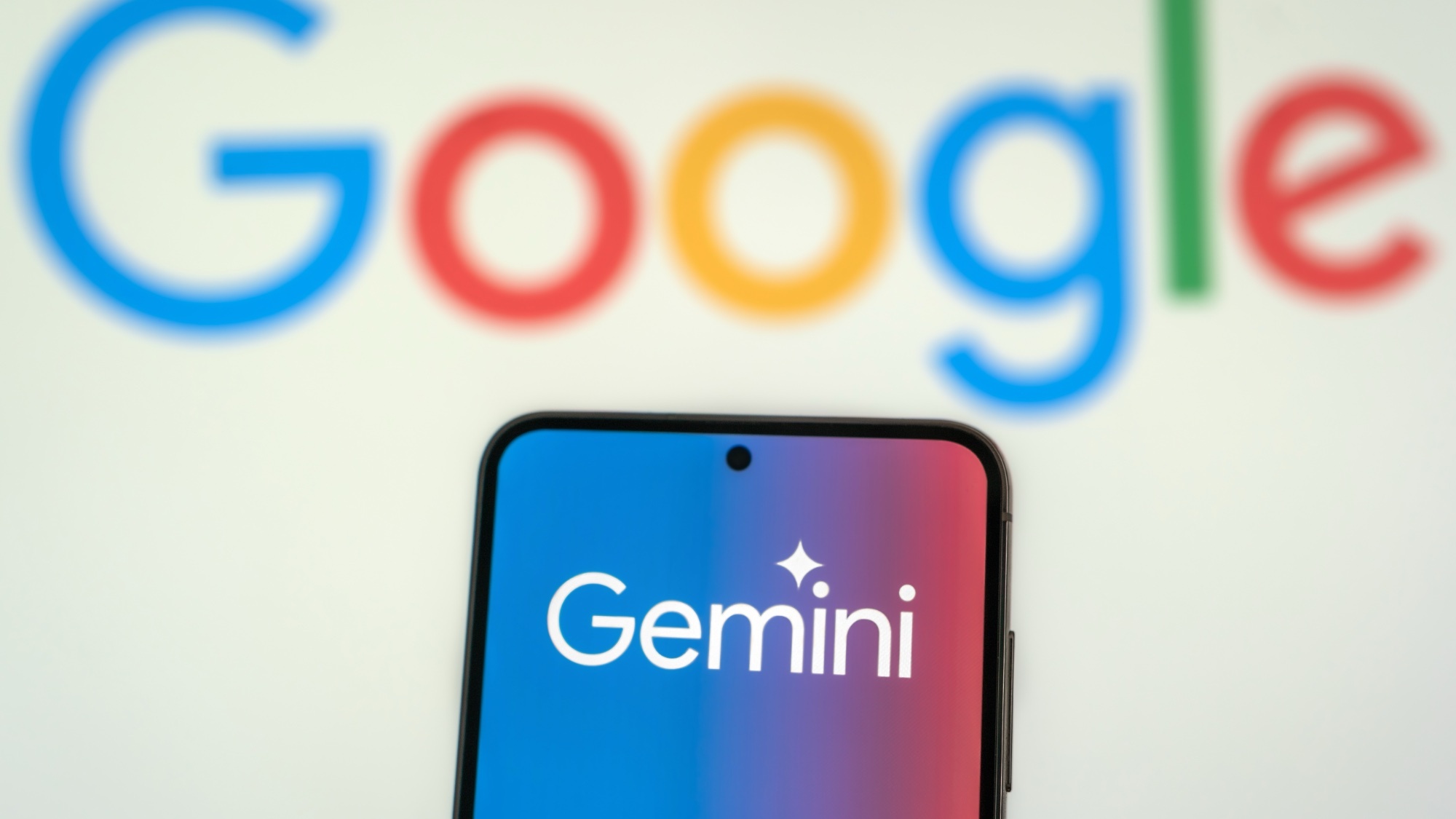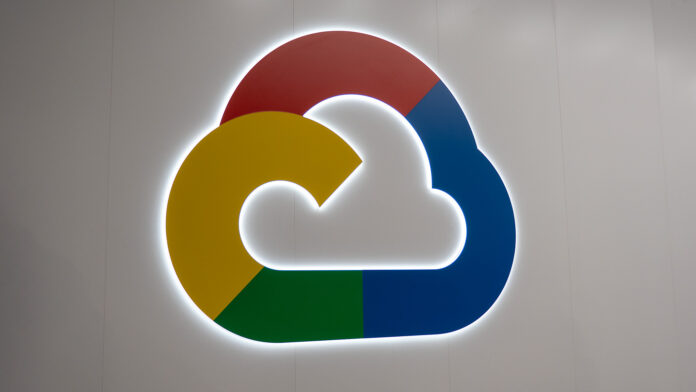Canada’s AI minister is actively monitoring legal cases in Canada and the U.S. for shaping future AI regulations, especially regarding copyright implications. OpenAI faces a lawsuit from a coalition of Canadian news publishers, including CBC/Radio-Canada, alleging copyright violations for using their content to train generative AI models without permission. The Ontario Superior Court is set to hear jurisdictional challenges related to this case in September. Although Solomon’s office emphasizes the importance of cultural sovereignty and creator rights, there are no plans for a dedicated copyright bill at this time. Meanwhile, U.S. courts are witnessing mixed outcomes in similar cases, with some ruling favorable for AI companies concerning fair use. Legal experts suggest that these rulings will significantly influence future copyright discussions in the AI industry. OpenAI maintains that its models rely on publicly available data and adhere to fair use principles, contesting the specificity of the copyright claims.
Source link
Ottawa Considers AI and Copyright Regulations Amid OpenAI’s Legal Battle Over Ontario Jurisdiction
Human Coder Triumphs Over OpenAI’s AI in Coding Contest, Receives Accolades from CEO Sam Altman
At the 2025 AtCoder World Tour Finals in Tokyo, Przemysław Dębiak, known as “Psyho,” outperformed a specially designed AI model in an intense “Humans vs AI” Heuristic Challenge. This prestigious tournament, featuring only 12 top coders, required participants to solve a daunting optimization problem without any external aids over 10 hours. Despite an early AI lead, Dębiak leveraged his expertise and creativity to secure a victory, increasing his lead over the AI from 5.5% to 9.5%. He expressed surprise at the attention surrounding programming contests, noting the challenge’s intensity and his fatigue during the match. The event showcased the evolving landscape of competitive programming, integrating advanced AI into high-stakes competition, with OpenAI as a sponsor and well-respected participant. CEO Sam Altman publicly acknowledged Dębiak’s achievement, highlighting the significance of this historic face-off in the world of coding and AI integration.
Source link
How Top Tech Leaders View AI’s Impact on White-Collar Employment
Tech leaders are divided over AI’s potential impact on white-collar jobs. Anthropic’s CEO, Dario Amodei, warns that AI could eliminate 50% of entry-level positions, claiming industry discussions downplay these risks. Conversely, OpenAI’s Sam Altman suggests society will adapt and that new, better jobs will emerge. Nvidia’s Jensen Huang expresses optimism about AI’s benefits and stresses the importance of transparency in development. Salesforce’s Marc Benioff sees AI augmenting rather than displacing jobs, while Ford’s Jim Farley voices concerns that half of white-collar roles may vanish. Mark Cuban argues AI will create more jobs, referencing past technological displacements. OpenAI’s COO Brad Lightcap advocates for an evidence-based approach, noting historical job market shifts caused by new technologies. Amazon’s Andy Jassy acknowledges that AI will alter workflows, potentially reducing certain roles. Klarna’s Sebastian Siemiatkowski fears AI could lead to a recession driven by job cuts. The future of work remains uncertain amid these differing perspectives.
Source link
Denmark Aims to Tackle Deepfakes with Enhanced Copyright Legislation
Denmark is pioneering the regulation of AI-generated deepfakes by proposing amendments to copyright laws aimed at safeguarding individuals’ faces, voices, and identities. This groundbreaking legislation, announced last month, seeks to establish personal copyright over one’s likeness, making it illegal to share deepfakes without consent. Supported by a cross-party coalition, the proposal allows citizens to request the removal of unauthorized deepfake content from platforms, while excluding parodies and satire from its scope. Culture Minister Jakob Engel-Schmidt emphasized the need for robust protection against the misuse of digital likenesses. The bill, the first of its kind in Europe, aims to set a precedent for other EU nations as Denmark currently holds the presidency. Experts highlight the innovative approach, although concerns remain regarding the enforcement of these rights. Overall, this initiative represents a crucial step in addressing the challenges posed by AI technology to personal autonomy and identity.
Source link
Enhancing Record-Keeping with AI: Insights from the BDJ Team
AI tools can transform record-keeping in dental practices, offering enhanced efficiency in patient management. However, dental professionals must acknowledge both the potential benefits and risks associated with AI adoption. Understanding that AI can streamline processes, it’s crucial to remain vigilant about privacy and data protection issues, particularly when handling sensitive patient information. A comprehensive risk assessment should precede AI implementation, and practitioners must develop a clear policy addressing AI’s role, responsibilities, and data security measures. Training for staff on the proper use of AI is essential, including how to review, adjust, and monitor records accurately. Transparency with patients about the use of AI is paramount to maintaining trust and ensuring informed consent. Lastly, professionals must ensure appropriate indemnity coverage for potential claims linked to AI technologies. For further insights, visit the Dental Defence Union’s website.
Source link
Introducing ‘LazyHug’: The First AI-Driven Malware Concealed in ZIP Files Targeting Windows PCs
A new malware family named LameHug is infecting systems globally, leveraging technology similar to AI chatbots like ChatGPT, Gemini, and Claude. Discovered by Ukraine’s CERT-UA, LameHug employs large language models to generate and execute malicious commands targeting Windows PCs. Attributed to the Russian APT028 threat group, the malware is coded in Python and utilizes APIs from Hugging Face and the Qwen-2.5-Coder-32B-Instruct model by Alibaba Cloud. Attacks involve emails masquerading as Ukrainian officials, with malware delivered in ZIP files. Once infected, LameHug retrieves sensitive information from files on victims’ desktops and sends it to remote servers. This marks a significant milestone in cyber threats, as it represents the first documented use of LLMs for creating executable commands, making detection by security software increasingly challenging. The emergence of LameHug follows the discovery of another undetectable malware, Skynet, raising concerns over evolving cybersecurity threats.
Source link
OpenAI’s AI Dominates Coding Legends in Grueling 10-Hour Contest, Yet One Human Emerges Victorious
At the AtCoder World Tour Finals 2025 in Tokyo, Polish programmer Przemysaw Debiak, also known as Psyho, defeated OpenAI’s advanced AI model in a groundbreaking programming competition. This contest, renowned for its exclusivity, featured a direct challenge between human intelligence and AI, marking a significant moment in the AI vs. human debate. Debiak scored an impressive 1,812,272,558,909 points, while OpenAI’s model, OpenAIAHC, came in second with 1,654,675,725,406 points. The competition, requiring complex problem-solving skills within a 600-minute timeframe, underscored human resilience against automation. OpenAI acknowledged Debiak’s victory, highlighting the ongoing evolution of AI in programming. While AI continues to improve, this event serves as a reminder of the enduring power of human ingenuity. As the landscape of competitive programming evolves, future contests may redefine the roles of human programmers and AI models alike, raising essential questions about the future of the industry.
Source link
Kyndryl Introduces Cutting-Edge AI Tool to Accelerate Enterprise Innovation
Kyndryl has launched the Agentic AI Framework in Singapore, aimed at enhancing enterprise operations through self-learning AI agents. This framework facilitates scalable AI solutions across on-premises, cloud, and hybrid environments. Featuring advanced algorithms, it maintains a secure infrastructure while ensuring human governance, bridging the gap of trust in AI deployment. The framework is targeted at various sectors, including public services and finance, where it seeks to automate compliance and optimize IT operations. Kyndryl addresses the skepticism surrounding AI, as many businesses still underutilize AI-powered insights. According to research, only 40% of leaders actively leverage AI in decision-making, highlighting a fundamental disconnect between AI potential and its practical application. The introduction of a “human-in-the-loop” design, along with a focus on traceability and security, aims to alleviate the barriers to AI integration, fostering greater trust and encouraging wider enterprise adoption of AI technologies.
Source link
How to Protect Your Data from Gemini’s Training Process
If you want to maintain control over your privacy while using Google’s Gemini, opting out of data training is crucial. Chatbots like Gemini rely on vast amounts of data for training, which raises concerns about user privacy. Google may collect data such as your prompts, feedback, language, and device details. To opt out, follow these steps:
- Sign In: Access your Google account on Gemini.
- Manage Activity: Click the activity tab to see your interaction history.
- Turn Off Activity: Select the option to stop Gemini from remembering your conversations.
- Delete Data: Optionally, manually delete past activity.
- Revert Changes: If desired, you can easily return to default settings later.
Opting out may lead to less personalized interactions since conversation history won’t be saved. However, it’s a necessary step for those prioritizing privacy in an increasingly data-driven world.
Google Boosts OpenAI’s Computing Power to Satisfy Growing AI Demands
OpenAI has partnered with Google Cloud to enhance the backend infrastructure for ChatGPT and its other AI tools, including the Enterprise, Edu, Team plans, and API services. This strategic shift comes in response to the ongoing GPU shortage, which OpenAI CEO Sam Altman highlighted as a major concern. Previously reliant solely on Microsoft Azure, OpenAI aims to diversify its cloud support to manage the increasing demand for its services, thereby reducing dependency on a single provider.
This collaboration represents a pivotal moment, allowing Google Cloud to assist in powering OpenAI’s operations across multiple regions, including the U.S., UK, Japan, the Netherlands, and Norway. While Google Cloud lags behind AWS and Azure, this deal marks a significant win for Google, as both companies previously competed in the AI domain. This partnership not only provides OpenAI with additional resources but also paves the way for more competitive pricing and access to advanced technology in the evolving AI landscape.
Source link









